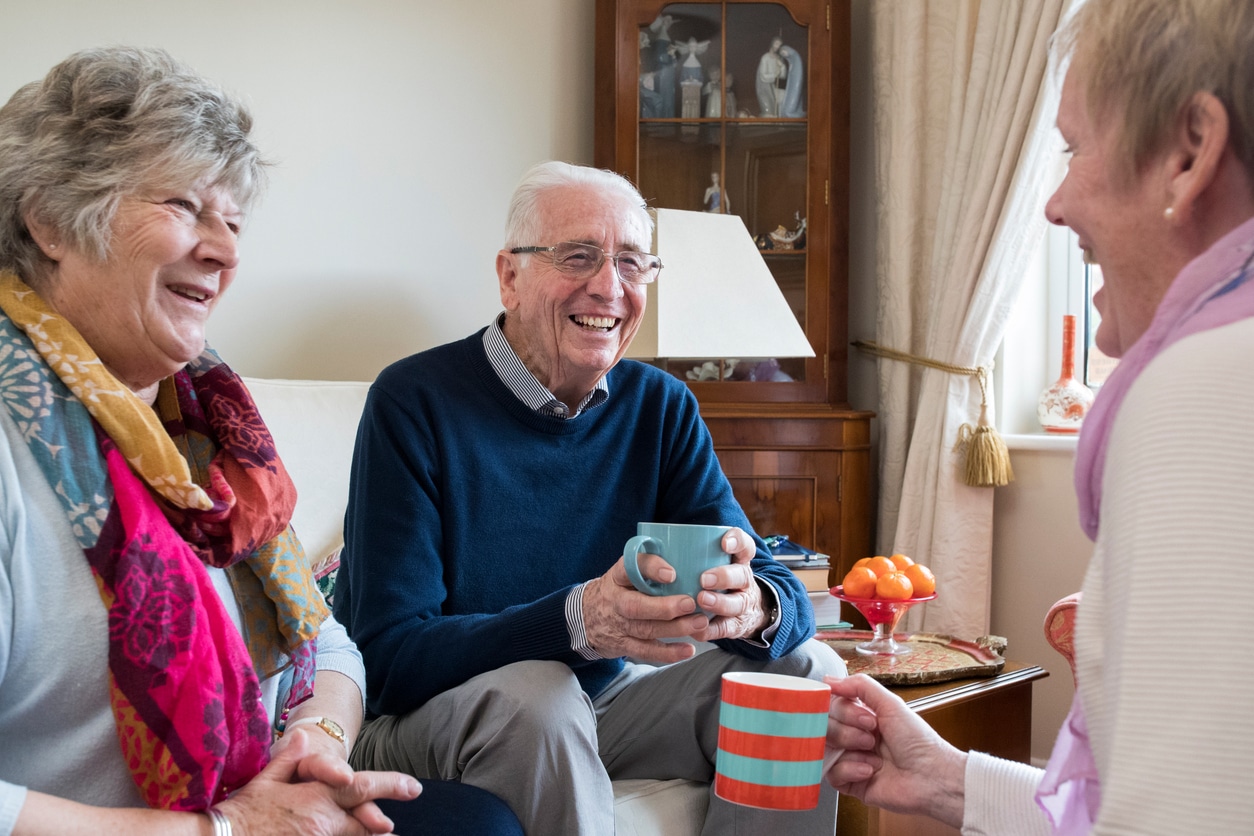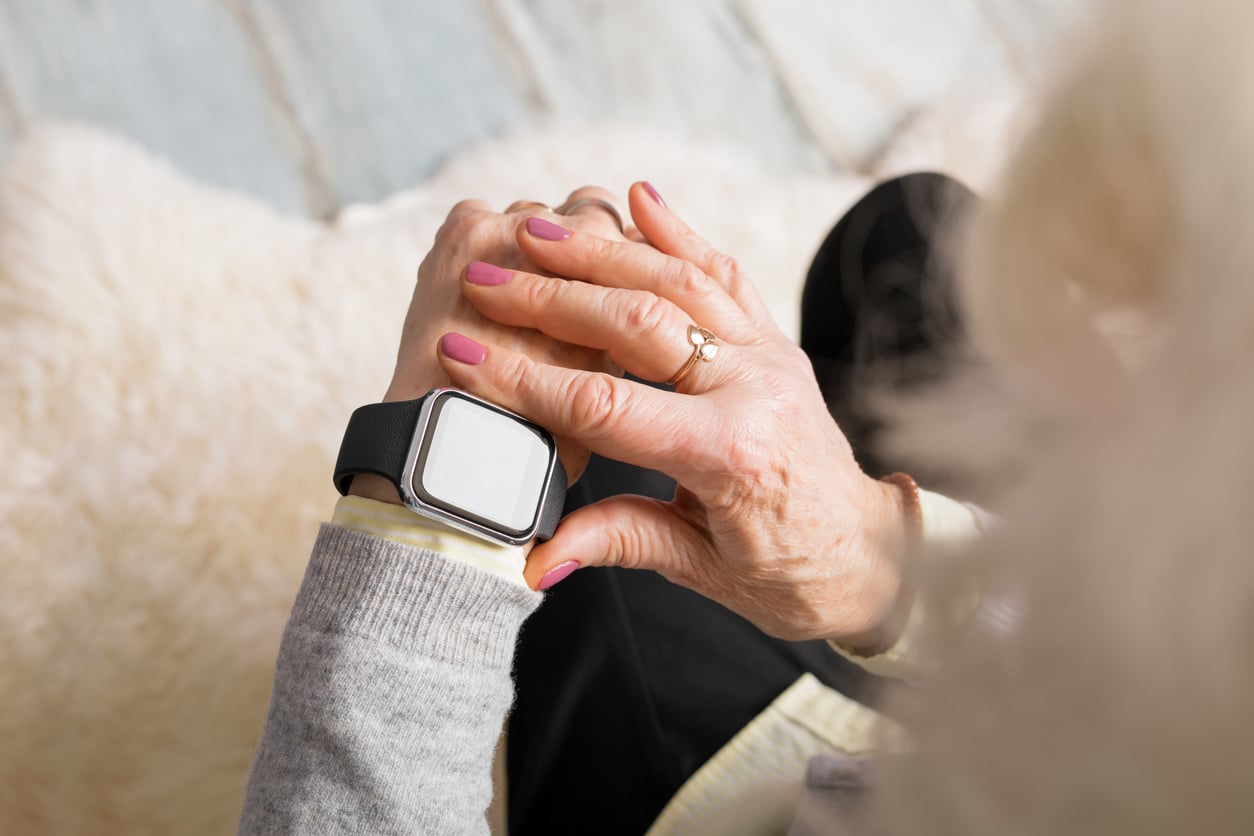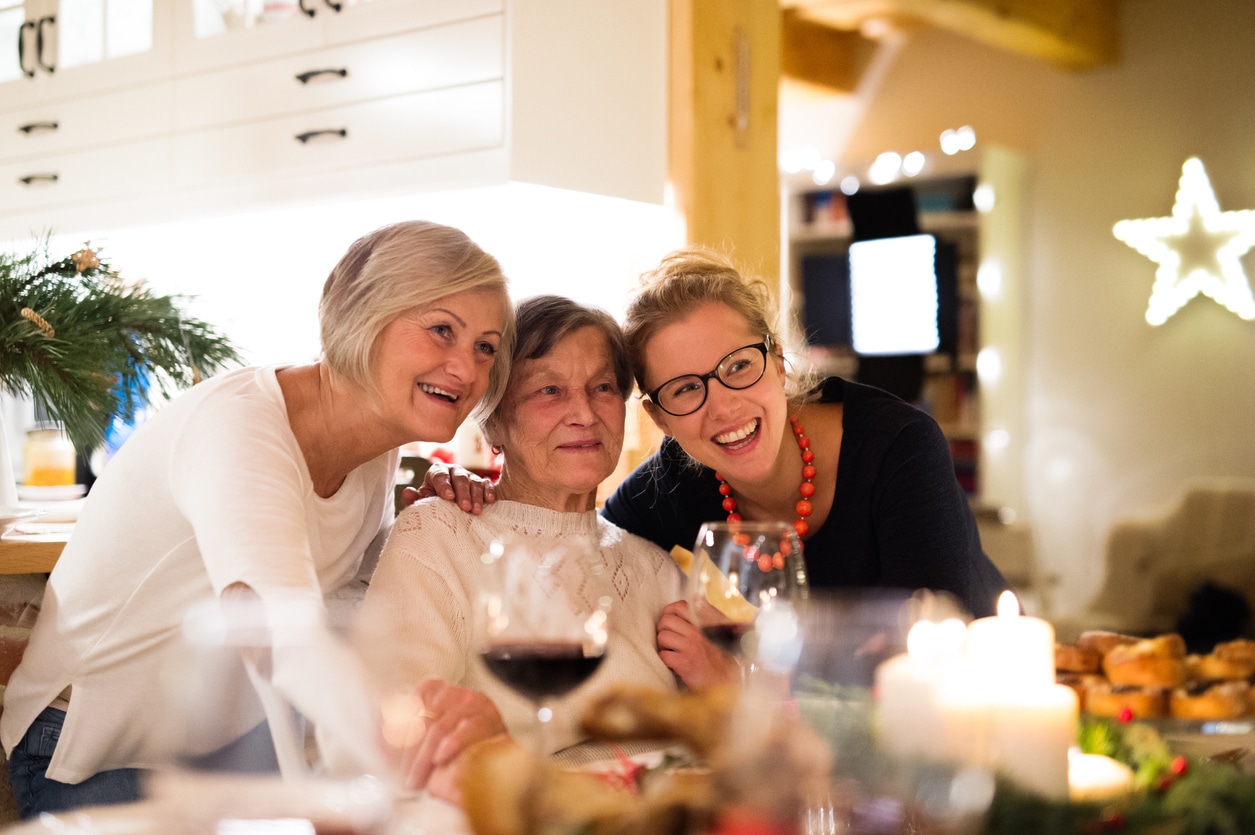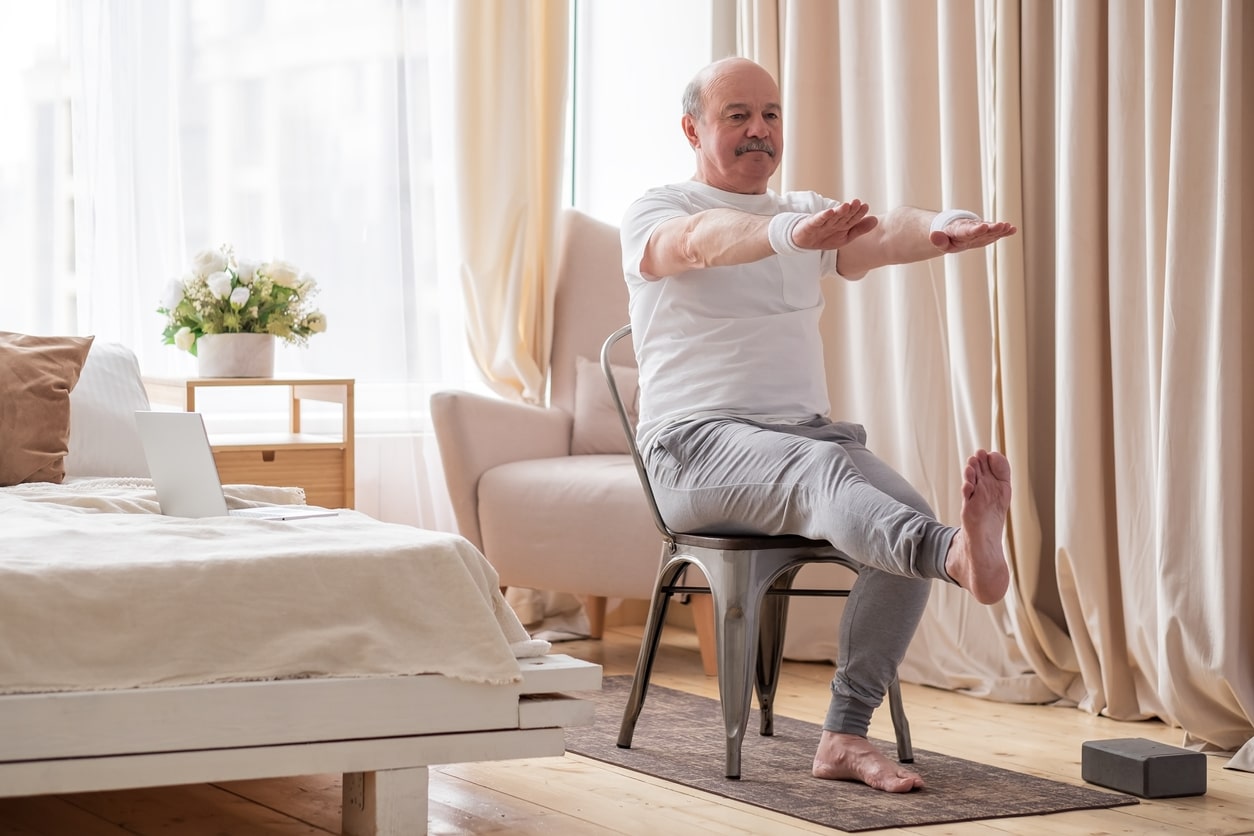When we dream about our golden years, we see our older selves gracefully living out our lives engaged in meaningful activities and surrounded by family and friends.
But the reality can be different for many older adults. Almost half of seniors (43%) say they feel lonely and isolated, according to a landmark study by the University of California at San Francisco. Those numbers are likely under-reported because elders feel awkward or self-conscious talking about these feelings.
Addressing isolation and loneliness in seniors is critical, though, because beyond the emotional impact, being lonely also affects cognitive and physical health.
What Loneliness Is
To better understand loneliness in older adults, let’s define it.
“Loneliness is the state of socially and/or emotionally feeling isolated, separate, apart from others – disconnected,” explains Julia Lunsford, a geriatric psychiatrist in the Departments of Psychiatry and Geriatric Medicine at the University of North Carolina at Chapel Hill. “It’s not the same thing as being alone or in solitude.”
In fact, many of the seniors in the UCSF study who reported feeling lonely were married or living with other people.
What Loneliness Looks Like in Older Adults
Spotting loneliness in yourself or another person can be hard.
“Some of the most common physical and behavioral signs of loneliness and/or depression include persistent sadness and lack of motivation or energy,” notes Charla Anderson, Texas Regional Director of Clinical Operations for Oceans Healthcare.
Periodic feelings of loneliness are a normal part of aging, but prolonged loneliness and isolation are as serious as depression – and deserve professional help.
“It’s so important to address feelings of loneliness as soon as possible because early intervention can positively affect the quality of life,” she continues. “If loneliness is not addressed quickly, the feelings only increase and can manifest into more serious issues.”
How Loneliness Affects Seniors
Researchers at UCSF and the University of Chicago found that senior citizens’ loneliness is associated with:
- Decreased mobility
- Reduced participation in the activities of daily living
- Inability to complete tasks requiring upper extremities
- Difficulty climbing
- Impaired cognitive performance
- Increased incidence of Alzheimer’s and dementia
- Higher likelihood of depression, stress and/or anxiety
- Lower self-esteem
- Loss of executive control
- Higher risk of suicide and death
Other conditions exacerbated by isolation include hypertension, chronic pain, malnutrition, non-compliance with medications, increased substance abuse, and decreased sleep.
How to Combat Loneliness
Luckily, loneliness and its health effects can be lessened or reversed by increasing social engagement and connection.
- Use technology to connect to family and friends via video chats and social media apps
- Play games at home, at a community center or even with others online
- Pursue interests with others, like a book group or a garden club
- Stay active with an exercise class, team sports or mall walking
- Arrange for Meals on Wheels and social visits to your home
- Activate your faith community for assistance and social interaction
- Take day trips or longer excursions to experience new places and cultures
- Use Lyft and other transportation options to continue going out even after you stop driving
Family members and friends can also help reduce aging parents’ loneliness and the effects of social isolation in the elderly.
“Loved ones and caregivers must listen and observe seniors, connect or reach out to them as much as possible and plan and make time for them to interact and reflect,” Anderson says. And if you suspect loneliness, invite them to talk to their care team or re-engage socially.
Understanding loneliness and how it impacts senior health and longevity is the first step to a higher quality of life in our later years. Continuing to participate in daily living, even if we have to adopt new ways to do it, ensures that we remain happy and active for years to come.
“Loneliness does not have to be synonymous with aging,” Lunsford asserts. “It is not inevitable. Even though [your] world may be getting smaller in many ways, it’s still possible to experience well-being and to create new connections with other people.”
Don’t disregard professional medical advice, or delay seeking it, because of what you read here. This information is not intended as a substitute for professional consultation, diagnosis or treatment; it is provided “as is” without any representations or warranties, express or implied. Always consult a healthcare provider if you have specific questions about any medical matter, and seek professional attention immediately if you think you or someone in your care may be suffering from a healthcare condition.




